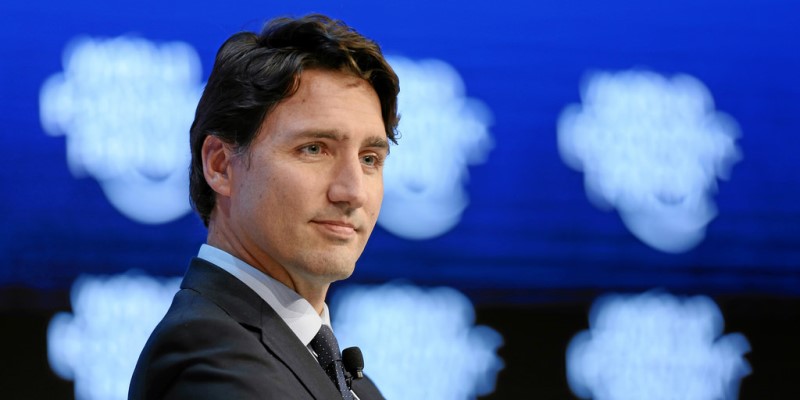Canadians will pay for Trudeau government’s red ink

Less than a month since the federal election, the latest projections from the Parliamentary Budget Office (PBO) already suggest Canadians can expect larger federal deficits than previously estimated. The result—Canadian taxpayers will face more federal debt.
Specifically, earlier projections had Ottawa running a $19.8 billion deficit this current fiscal year. The PBO now projects the federal deficit will jump $1.3 billion to reach $21.1 billion in 2019/20. And according to the PBO, deficit growth will continue for years to come. In fact, compared to earlier projections, the federal deficit will be $1.6 billion higher annually (on average) for the next five years. By 2024/25, federal debt is expected to hit a staggering $787.4 billion.
In more bad news, last week the PBO also downgraded expectations for growth in the Canadian economy, citing increasing trade protectionism worldwide and waning Canadian exports.
Crucially, these numbers do not account for any spending or taxation commitments made by the Trudeau government during the election campaign. Remember, the Liberal Party platform predicted their policies would help produce a $27.4 billion deficit in 2020/21—that’s even larger than the PBO’s latest projections.
A minority government also provides for the possibility the NDP will have a say on what the budget looks like, should the prime minister seek its support. The NDP election platform projected a federal deficit of $32.7 billion and called for higher spending on initiatives such as dental coverage and pharmacare. Consequently, the Liberal government may need to further increase spending—and subsequently, the deficit—to obtain NDP support for the throne speech and upcoming spring budget.
Finally, the Trudeau government hasn’t set a date for returning to budget balance, so debt accumulation appears likely for the foreseeable future. In fact, the latest projections for the Department of Finance show that in the absence of policy changes, deficits will likely persist until 2040.
So why does this matter? What are the implications of all this red ink?
A budget deficit simply means the federal government is spending money faster than it’s collecting in any given year—in other words, it’s financing spending through borrowing—which means Ottawa will rack up more debt and pay more interest on that debt. This will leave less money for government programs or tax relief for taxpayers.
Of course, Canadian taxpayers pay interest on this debt, now and in the future, through their federal taxes. This year, Ottawa will spend a projected $23.8 billion on debt-interest payments, and the PBO projects this number will grow to $33.6 billion five years from now. Undoubtedly, future generations will pay higher taxes to fund today’s deficit-spending.
Our federal debt problem will not be resolved without government action. If the Trudeau government wants to reduce the debt burden on Canadians now and in the future, it must better control spending, set a credible date to balance the budget, and begin to reduce our massive debt load.
Authors:
Subscribe to the Fraser Institute
Get the latest news from the Fraser Institute on the latest research studies, news and events.


